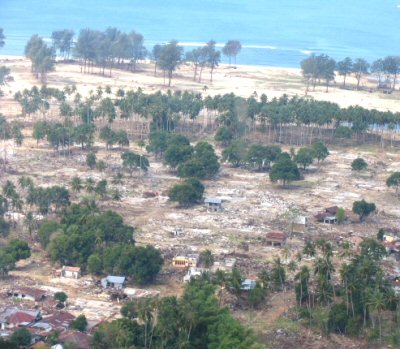Newry has a proud and illustrious history of offering aid to the developing world – and indeed to the needy at home, both on the group and the individual level.
Father Peter McVerry was recently presented on RTE with Man of the Year (again!) for his efforts with the homeless and addicts in
Concern began here and Paddy Magennis is currently Director of that worthy organisation, working out of
There are other Development Workers from Newry all over the world. This is the story of one and the hidden perils on the job. His tale is serialised.
Chronicles of a Development Worker : by Earth Walker
Surviving in another man’s war
The narrative that follows is based on the true account of what happened to me during my stay in a country that was beginning to undergo political upheavals from numerous directions. To all intents and purposes I was a neutral spectator both before and after the fact. Indeed it would seem that I was simply in the wrong place and at the wrong time during a set of unforeseen circumstances that developed into an extremely violent but thankfully a short lived struggle. The similarity at least geographically and in a sense politically between where I was born, Newry, and this location was uncanny; even its distance from the border was about the same. For some unknown reason, luck, fate or whatever, I, the victim of these circumstances managed to survive the sequence of events that were trust upon me, before, and during the birth of a new nation.
For those that died may their God be with them. Should the right to take someone’s life be a matter for the judgment of mere mortals?
You should know that I had been living alone on an island about the size of
There was another European who lived in the town some eight kilometres away to the east of the forest but we met very infrequently. A small community of foreigners resided in a diminutive city 300 kilometres across the mountains to the west which served as the only transit point to get off the island. I regularly made my way to this location for a welcome break from the isolation, and to keep in touch with the outside world. Although I did speak the language I was still light years removed, culturally, traditionally and socially, from my hosts. This had its effects and influences at a range of echelons of the community.
In reality you are a stranger, whether you like it or not, and it is you who must accommodate your hosts by understanding them rather than them understanding you. Being the stranger was to play a very important part in what was to follow and very nearly cost me my life.
